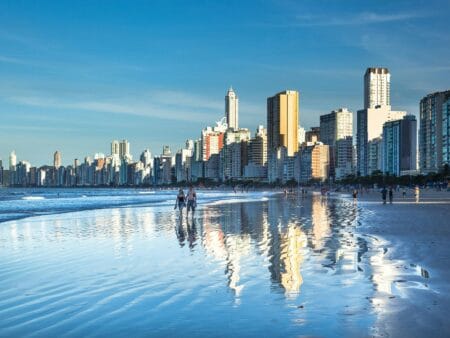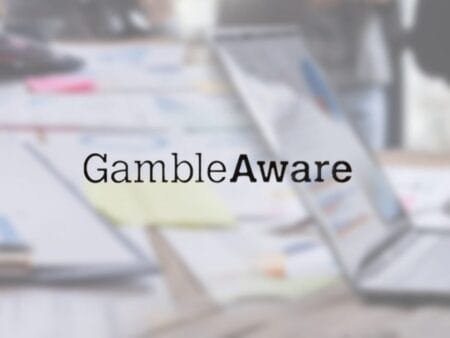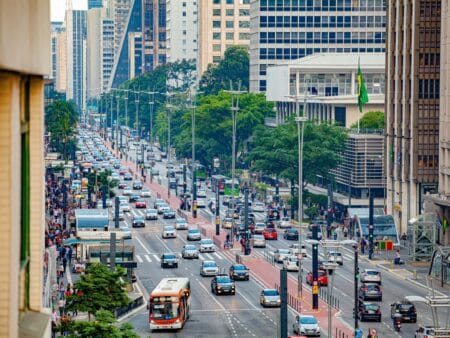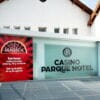Gambling Association Accuses Retail Group of Spreading Misinformation in Brazil
Amidst strong pressure on the licensed gambling sector in Brazil, one of its main associations is accusing a retail trade group of spreading misinformation.
The National Association of Games and Lotteries (ANJL) has filed a lawsuit requesting that the Brazilian Association of Supermarkets (ABRAS) explain the origin of the information contained in a video published on its social media channels criticizing betting.
On Monday, ANJL criticized a video from ABRAS, titled “History of Betting,” which linked the regulated betting sector to food insecurity in Brazil.
In the video, ABRAS claims that every Brazilian real spent on betting leads to one less plate on the table and an overdue bill, with an alleged loss of revenue for the retail sector of R$103 million (US$18.7 million) last year due to gambling.
However, ANJL responded by highlighting official data from the Brazilian Institute of Geography and Statistics (IBGE) which, on the contrary, showed that the retail sector recorded a growth of 4.7% last year.
In ANJL’s view, the video goes beyond criticism of specific agents and affects the entire sector.
The president of ANJL, Plínio Lemos Jorge, stated: “The retail sector has decided to choose someone to blame for the increase in food prices on families’ tables. And, in their opinion, betting companies are responsible for this.”
“This is absurd because it spreads fake news that seeks to attack a legitimate sector of the economy, which will generate more than R$ billions in taxes this year alone. Reducing the country’s budgetary issues to the regulated betting market is irresponsible and simplistic.”
ANJL Targets the “Silent Predator” Manifestation
Furthermore, ANJL has positioned itself against labeling online gambling as a “silent predator,” accusing the video of being offensive and including a “tone of misinformation.”
ANJL believes that the video fails to adequately differentiate between licensed betting operators and their illegal counterparts, which diverts billions of reais from public coffers in Brazil.
“No one entered furtively, as the video says,” continued Plínio. “The names of legalized houses are public and can be consulted by anyone on the federal government’s websites, which also publishes information whenever a betting company is authorized to operate in the country.”
ABRAS may be against the betting sector, but it cannot disseminate false information.”
Focus on the 12% Betting Tax in Brazil is Also Challenged
The ABRAS video also states that operators only pay 12% tax, claiming that the tax burden on the retail sector is unfair in comparison.
“It doesn’t make sense that a bet pays less tax than it costs to eat,” the video says.
In its response, ANJL called the 12% tax value an “erroneously mentioned fact,” highlighting that this number is only on gross gaming revenue. According to them, when combined with other taxes, such as PIS/Cofins and municipal contributions, the effective tax rate is around 38%.
This is also expected to increase, with the publication of a provisional measure last week that raises the tax rate on GGR, which is gross gaming revenue, to 18%, an increase of 50%.
Even with the provisional measure having immediate validity, Brazilian law provides that contributions will only be collected from 90 days after its publication, on June 11.
The Senate and the Chamber of Deputies will have 120 days from the publication of the measure to vote on whether the tax increase will be permanent.
Stay ahead of the curve in the fast-paced online casino world – explore the latest updates and trends at listofallcasinos.com.










